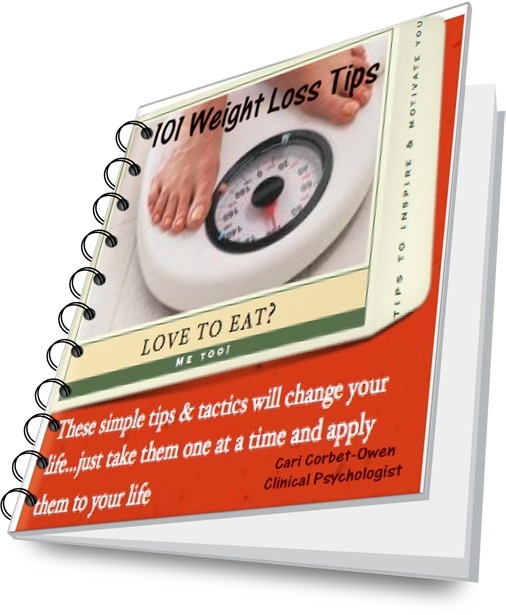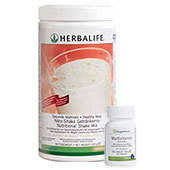Fibromyalgia and Diet: What Changes May Help
A balanced diet should be the cornerstone of your dietary approach for managing fibromyalgia. This means consuming a variety of nutrient-rich foods from all food groups:
Fruits and Vegetables: Aim to have multiple servings of fruits and vegetables each day. They provide essential vitamins, minerals, and antioxidants that support overall health and well-being.
Whole Grains: Choose whole grains over refined grains. Whole grains are richer in fiber, vitamins, and minerals. Consider options such as brown rice, quinoa, and oats.
Lean Proteins: Opt for lean protein sources like fish, poultry without skin, tofu, legumes, and lean cuts of meat. Protein helps repair and maintain muscles.
Healthy Fats: Include healthy fats like olive oil, avocado, nuts, and seeds. These fats aid in inflammation reduction and provide energy.
Limit Processed Foods: Processed foods are often low in nutrients and high in added sugars, unhealthy fats, and salt. Minimize their intake.
Reduce Sugar: Excessive sugar consumption can contribute to inflammation. Be mindful of added sugars in beverages, desserts, and packaged foods.
Stay Hydrated: Drink an adequate amount of water throughout the day to stay hydrated. Aim for around eight glasses per day.
Elimination Diets: Some individuals with fibromyalgia find relief through elimination diets. This involves removing certain foods from the diet to identify those that trigger symptoms. However, it's important to work with a healthcare professional or dietitian before starting an elimination diet.
Specific Foods and Nutrients to Consider:
While a balanced diet is crucial, certain foods and nutrients may be particularly helpful for managing fibromyalgia:
Magnesium: Magnesium is important for muscle and nerve function. Foods high in magnesium include leafy greens, nuts, seeds, beans, and whole grains.
Omega-3 Fatty Acids: Found in fatty fish like salmon, tuna, and mackerel, omega-3 fatty acids have anti-inflammatory properties.
Vitamin D: Vitamin D supports bone health and may positively affect immune function. Good sources include fortified dairy products, fatty fish, and mushrooms.
Antioxidants: Antioxidants help neutralize harmful substances in the body. Fruits, vegetables, and whole grains are rich sources of antioxidants.
Quercetin: Quercetin is a flavonoid with antioxidant properties. It's found in onions, apples, broccoli, and green tea.
Probiotics: Probiotics are live microorganisms that can benefit gut health. They are present in fermented foods like yogurt, kefir, kombucha, and sauerkraut.
Remember that dietary changes should be guided by your healthcare provider or a registered dietitian. They can provide personalized recommendations based on your specific needs and health conditions.
-
vit. B12
QuestionCan Vit. B12 be absorbed with taking other vitamins or do
-
Really need help-stuck in a major food rut!
QuestionHi, I had a nutrition question that has been bothering me
-
Will I see any results in weight loss from this?
QuestionI basically just started to eat just fruits and vegetable
-
17 y/o male
QuestionHello, first off I want to thank you for taking the time
-
Just some general teenager questions...:)
QuestionHi there Laura! So. To start off, I am a 17 year old, hea
-
Im 17 and have PCOS
QuestionIm 17 and was diagn0sed with pcos when i was 13.i am find



